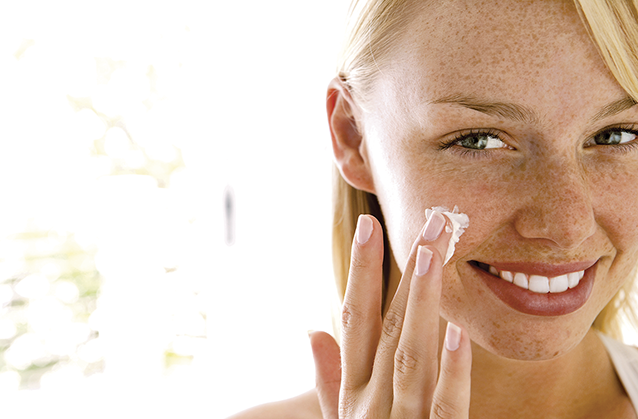Summer and sun go hand in hand. Though a day of lounging in the backyard or at the beach may make for a perfect summer afternoon, it’s vital that people take steps to protect their skin from sun damage. The U.S. National Library of Medicine notes that some sunlight can be good for the skin so long as people make a significant effort to protect themselves from overexposure. When ultraviolet rays from the sun penetrate outer skin layers and hit the deeper layers of the skin, skin cells can be damaged or even killed. Damage to skin cells increases a person’s risk of skin cancer, which the World Cancer Research Fund and the American Institute for Cancer Research report is one of the most commonly diagnosed cancers across the globe.
In addition to increasing a person’s risk for skin cancer, overexposure to the sun’s UV rays can produce some painful side effects, including sunburn. The health care experts at San Diego’s Scripps Health note that various topical creams and gels can help treat sun-damaged skin. As effective and helpful as the following three creams and gels can be, individuals are urged to prioritize preventing sun-damaged skin, which involves avoiding the sun between the hours of 10 a.m. and 4 p.m., when the sun’s UV rays are strongest, and wearing and routinely reapplying sunscreen with a minimum sun protection factor of 30.
Exfoliants: Scripps Health notes that exfoliants are designed to stimulate faster skin cell turnover. That can help people with sun-damaged skin, as such damage slows the rate at which skin cells turn over and replace themselves. As a result, exfoliants can help to alleviate the dull, dry skin that often develops after overexposure to the sun.
Retinoids: Retinoids are compounds derived from vitamin A that, like exfoliants, also speed up the turnover process of skin cells. Scripps Health notes that retinoids also stimulate collagen production and lighten brown spots.
Vitamin C and other antioxidants: WebMD notes that some research has suggested that vitamin C can help to reduce the harm that UV rays do to the skin, though such creams should never be used as a substitute for sunscreen.
Individuals concerned about sun-damaged skin can speak with a dermatologist about the various ways to protect their skin when they’re spending time in the great outdoors.





Leave a Comment
Your email address will not be published. Required fields are marked with *